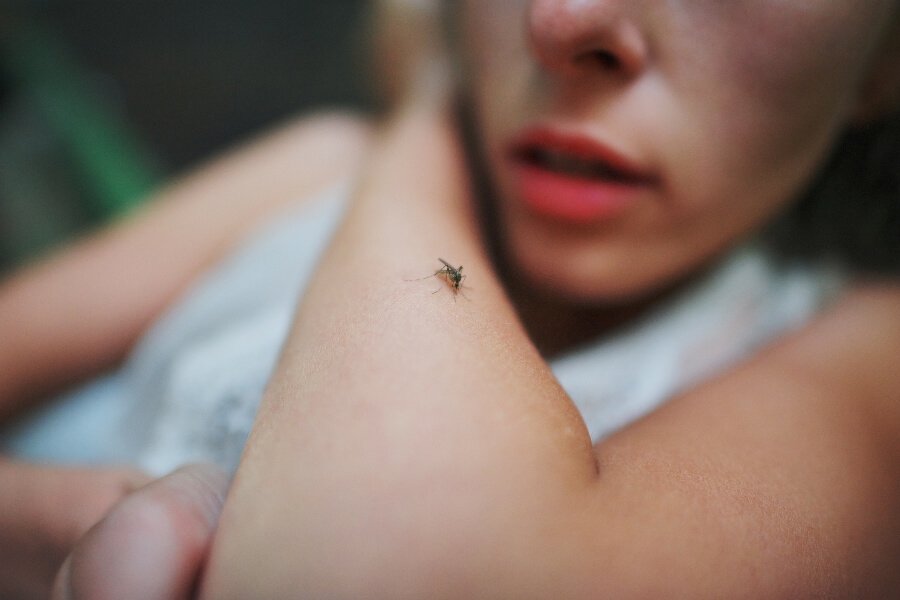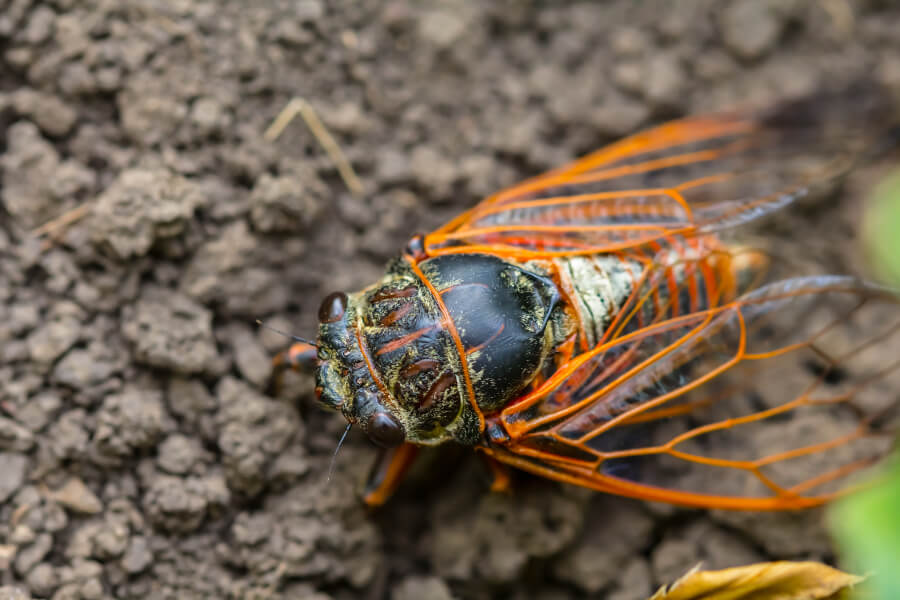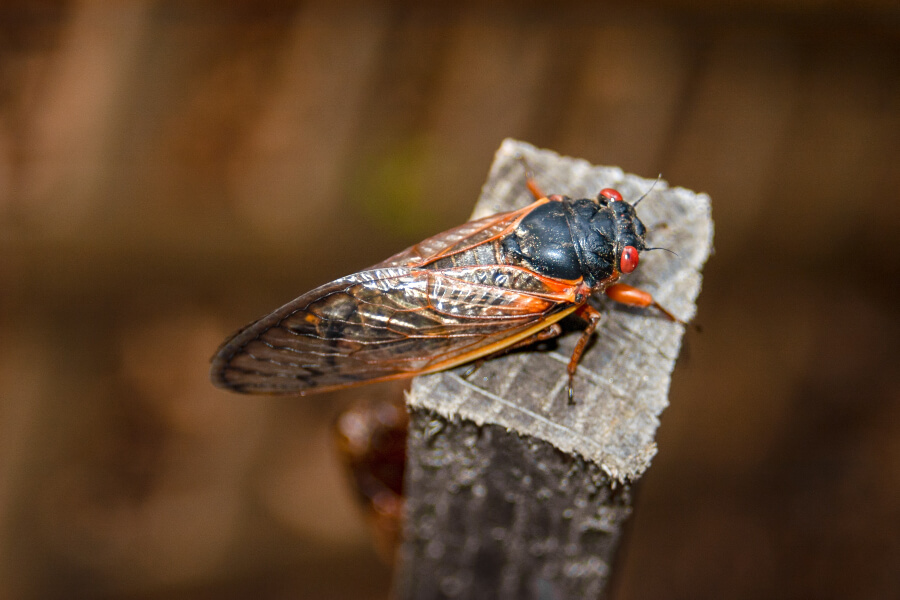If you or someone you know has a swimming pool, consider termite protection, because termites are attracted to water. We recently received a call at The Bug Man office from a customer who discovered termite damage in the vinyl lining of their swimming pool.
“But termites eat wood,” you reply. “They don’t eat plastic. Why would they eat the liner?”
Termites are able to sense when there is water on the other side of a pool liner. So, if they are desperate enough, they will eat through the liner to get to the water.
The damage caused by termites to pool liners is often gradual. People may not suddenly notice it. However, they may see that their water gets a little low sometimes, yet think nothing of it. Eventually, they may also find tiny little holes in the pool liners. The tiny holes likely came from termites eating the lining to get to the water.
Pools that don’t use liners are not immune to termite damage. Due to a number of factors, and the GIANT source of water, many pools are at risk.
Closely related items in this conversation are hot tubs. They too are a source of water and are often covered with wood.
In case you’re not that familiar with the lifestyle of a termite, their colonies are forever on the hunt for food and water. Many pools and spas are built with wooden framing at the bottom or underneath the vinyl. Lots of pools and spas have a wooden decks surrounding them. The combination of wood touching the ground and a huge source of water inside is quite dangerous.
So what should you do if you had no idea that you needed to protect your pool and hot tub from a termite attack? Well, we recommend inspecting your pool and/or spa to check for damage.
However, we cannot do a termite treatment or an inspection on a pool if it is full of water. We can only do an inspection and a treatment during the construction stage, or if the liner is being replaced. If you’re in the Rutherford and Wilson county areas of Middle Tennessee, we can come out for a free termite inspection. We would be happy to provide you with a free quote and a treatment plan.
Your pool and hot tub are for your enjoyment. They are not meant to be a termite buffet.
If you know somebody who has a pool or spa, please inform them that they may need termite protection. Lots of people are unaware that termites target pools and spas. It’s easy to share this article on Facebook, send out a quick tweet or email it to a friend or family member.




